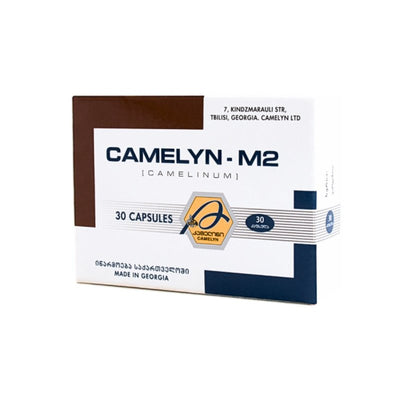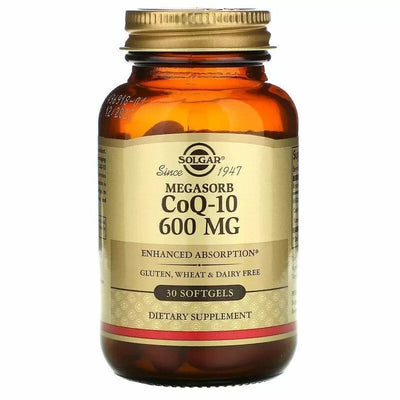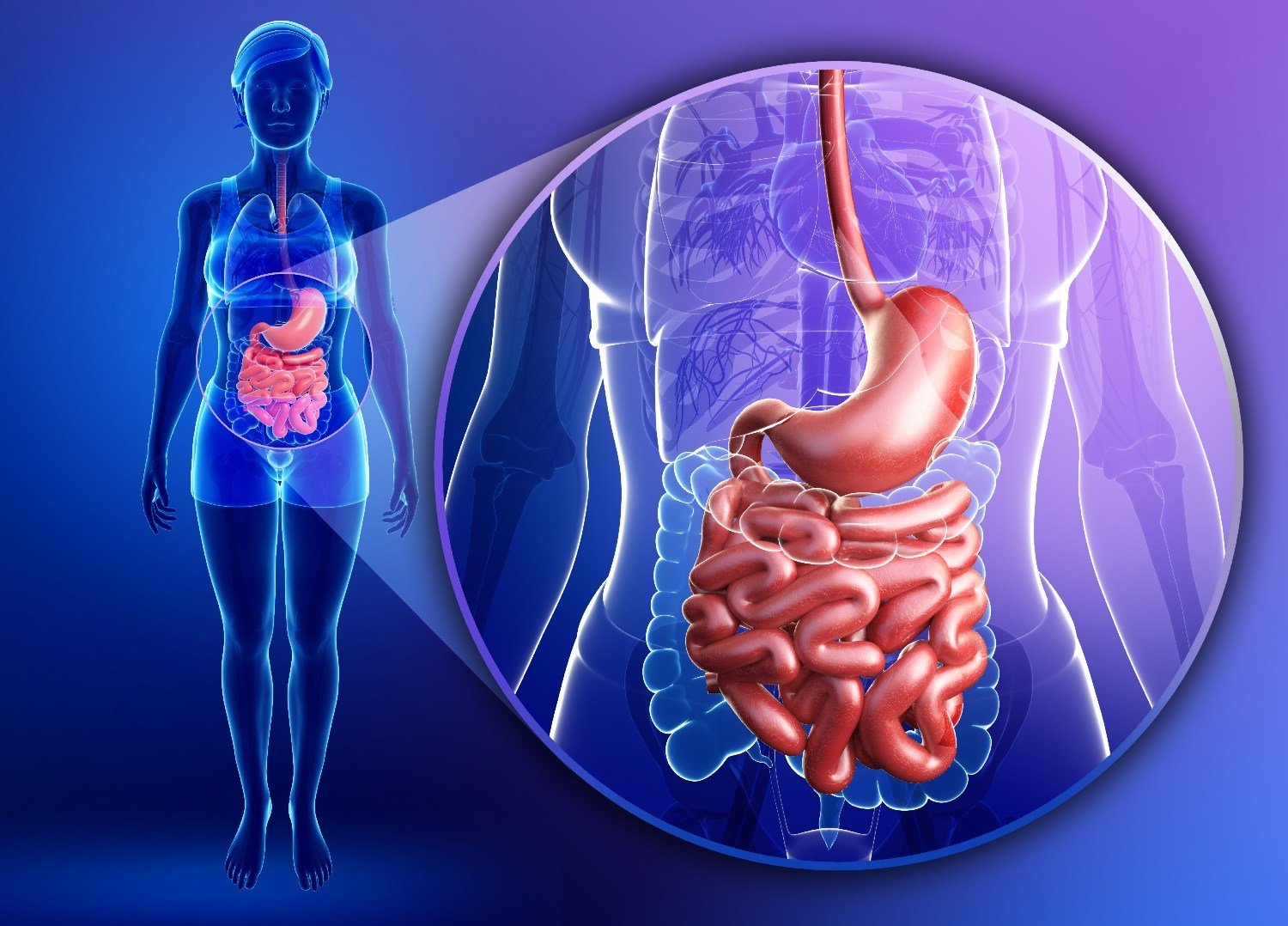KAS YRA VIRŠKINIMO SISTEMA IR ŽARNYNAS?
Virškinimo sistema ir žarnynas: Svarba, funkcijos ir sveikatos palaikymas

Virškinimas ir žarnynas: Išsamus apžvalga apie veikimą, sveikatą ir priežiūrą
Įvadas:
Virškinimo sistema ir žarnynas yra esminės mūsų organizmo dalys, atsakingos už maisto virškinimą, maistinių medžiagų įsisavinimą ir medžiagų apykaitos procesus. Šiame straipsnyje išsamiai aptarsime virškinimo sistemos ir žarnyno veikimą, svarbą sveikatai bei pateiksime rekomendacijas ir patarimus apie jų priežiūrą ir sveikos būklės išlaikymą.
1. Virškinimo proceso etapai:
Virškinimo procesas apima keletą etapų, pradedant nuo maisto įsisavinimo iki išmatų pašalinimo. Pagrindiniai virškinimo etapai apima:
- Maltinimas ir tirpinimas: pradedant nuo maisto kramtymo ir seilių gamybos, tai procesas, kai maistas skaidomas ir paruošiamas tolimesniam virškinimui.
- Skrandžio virškinimas: skrandis išskiria rūgštį, kad ištirtų ir skaidytų maistą, o fermentai skaido baltymus.
- Dvylikapirštės žarnos ir plonojo žarnos veikimas: čia vyksta maistinių medžiagų įsisavinimas į kraują, taip pat fermentų veikimu virškinamas maistas.
- Storojo žarnos funkcija: vanduo ir elektrolitai išgaunami iš neįsisavinamo maisto, o išmatos formuojamos ir laikomos storojoje žarnoje.
2. Sveikatos svarba:
Teisingas virškinimo sistemos ir žarnyno veikimas yra labai svarbus sveikatai. Jie užtikrina, kad organizmas gautų reikiamas maistines medžiagas, būtinas energijos tiekimui ir kitoms gyvybiniams funkcijoms. Sveikas žarnynas taip pat yra svarbus imuninei sistemai, nes jame gyvena daugybė naudingų bakterijų, kurios padeda apsaugoti nuo kenksmingų mikrobų ir stiprina imuninę sistemą. Sutrikęs virškinimas ar žarnyno disbalansas gali sukelti įvairias sveikatos problemas, tokių kaip pilvo skausmas, viduriavimas, vidurių užkietėjimas ar net alergijos ir uždegiminės ligos.
3. Priežiūra ir sveikas gyvenimo būdas:
Norint išlaikyti sveiką virškinimo sistemą ir žarnyną, svarbu laikytis kelių rekomendacijų:
- Subalansuota mityba: įtraukti į racioną daug šviežių vaisių, daržovių, skaidulų turinčių grūdų ir sveikų riebalų.
- Pakankamas vandens suvartojimas: vanduo padeda išlaikyti žarnyno judrumą ir užkirsti kelią vidurių užkietėjimui.
- Fizinis aktyvumas: reguliarus mankšta skatina virškinimo procesus ir pagerina žarnyno veikimą.
- Kontroliuoti stresą: stresas gali turėti neigiamą poveikį virškinimui, todėl svarbu rasti būdų, kaip jį valdyti, pvz., per meditaciją ar pratimus.
Išvada:
Virškinimo sistema ir žarnynas yra svarbios mūsų organizmo dalys, atsakingos už maisto virškinimą ir maistinių medžiagų įsisavinimą. Sveikas virškinimas ir sveikas žarnynas yra būtini tinkamai mitybai ir bendrai sveikatai. Rūpindamiesi savo virškinimo sistema ir žarnynu, galime išvengti daugelio sveikatos problemų ir pasiekti gerą savijautą.

Virškinimo sistema ir žarnynas: Svarba, funkcijos ir sveikatos palaikymas
Virškinimo sistema ir žarnynas atlieka svarbų vaidmenį mūsų organizmo veikloje. Jie atsakingi už maisto perdirbimą, maistinių medžiagų pasisavinimą ir organizmo atliekų pašalinimą. Šiame straipsnyje išsamiai aptarsime virškinimo sistemos ir žarnyno svarbą, jų funkcijas bei sveikatos palaikymo būdus, siekdami suteikti tikslią informaciją apie šias sritis.
1. Virškinimo sistemos funkcijos:
Virškinimo sistema prasideda nuo burnos ir apima stemplę, skrandį, žarnyną ir išangę. Ji atlieka kelias svarbias funkcijas, įskaitant:
- Maisto perdirbimą: virškinimo sistema suskaido įeinantį maistą į mažesnes dalis, kad organizmas galėtų jas geriau pasisavinti.
- Maistinių medžiagų pasisavinimą: virškinimo sistema absorbuoja maistines medžiagas, tokias kaip baltymai, angliavandeniai, riebalai, vitaminai ir mineralai, ir jas siunčia į kraują.
- Atliekų pašalinimą: virškinimo sistema pašalina organizmo nereikalingas medžiagas ir atliekas per išangę.
2. Žarnyno funkcijos:
Žarnynas yra dalis virškinimo sistemos, kurioje vyksta svarbios funkcijos, įskaitant:
- Maistinių medžiagų absorbciją: žarnyno sieneles dengia plonasis ir storasis žarnos epitelis, kuris absorbuoja maistines medžiagas į kraują ir limfą.
- Mikroorganizmų veiklą: žarnyne gyvena didelis kiekis mikroorganizmų, kurie padeda skaidyti ir fermentuoti maistą, sintetinti vitaminus ir stiprinti imuninę sistemą.
- Žarnyno judrumą: žarnyno raumenys kontroliuoja maisto judėjimą, kuris padeda efektyviai išskirti atliekas iš organizmo.
3. Sveikatos palaikymas:
Siekiant palaikyti gerą virškinimo sistemą ir žarnyno sveikatą, būtina laikytis tam tikrų principų:
- Sveikas mitybos planas: subalansuota mityba, turinti pakankamai skaidulų, vandens, vitaminų ir mineralų, yra esminė gerai veikiančios virškinimo sistemos ir žarnyno sveikatos dalis.
- Aktyvus gyvenimo būdas: reguliarus fizinis aktyvumas skatina virškinimo sistemos veiklą ir žarnyno judrumą.
- Pakankamas skysčių vartojimas: pakankamas vandens suvartojimas padeda išlaikyti tinkamą žarnyno funkciją ir išvengti vidurių užkietėjimo.
- Stresso valdymas: ilgalaikis stresas gali neigiamai paveikti virškinimo sistemą, todėl svarbu rasti būdų, kaip valdyti stresą ir išlaikyti emocinę gerovę.
Išvada: Virškinimo sistema ir žarnynas atlieka svarbų vaidmenį mūsų organizmo veikloje. Jų sveikatos palaikymas yra esminis norint pasiekti gerą bendrą sveikatą. Šiame straipsnyje aptarėme virškinimo sistemos ir žarnyno funkcijas bei pateikėme keletą patarimų, kaip palaikyti jų sveikatą.
Virškinimas, žarnynas, virškinimo sistema, maistinių medžiagų pasisavinimas, maisto perdirbimas, žarnyno mikroflora, sveikata, mityba, fizinis aktyvumas, vanduo, stresas.
Virškinimui ir žarnynui maisto papildai.
Maisto papildai internetu, geriausias kainos ir kokybės santykis.
Maisto papildai virškinimui ir žarnynui gali būti naudingi tiems, kurie turi žarnyno problemų, įskaitant vidurių užkietėjimą, viduriavimą arba skrandžio skausmą. Šie papildai gali padėti reguliuoti virškinimą ir skatinti gerovę, taip pat užtikrinti, kad organizmas gautų reikiamus maistines medžiagas. Dažniausiai naudojami maisto papildai virškinimui ir žarnynui yra probiotikai, prebiotikai ir fermentai.










